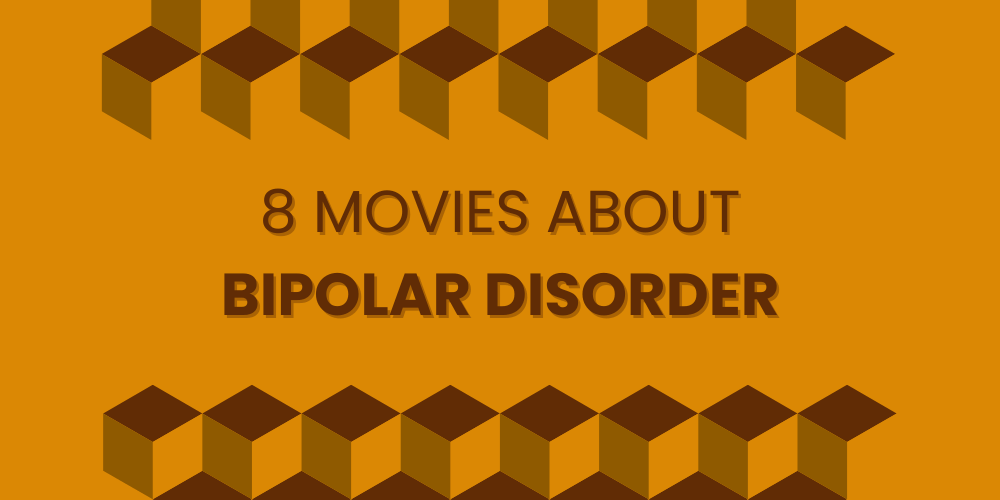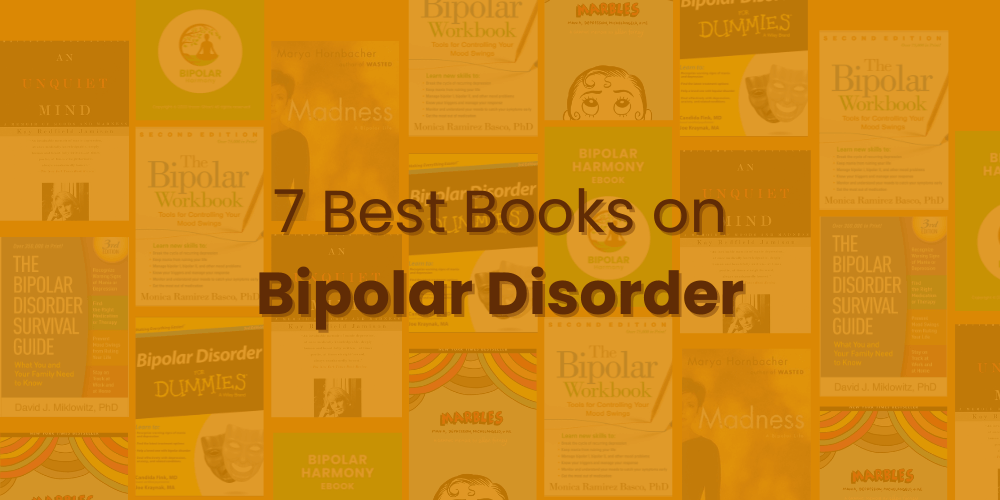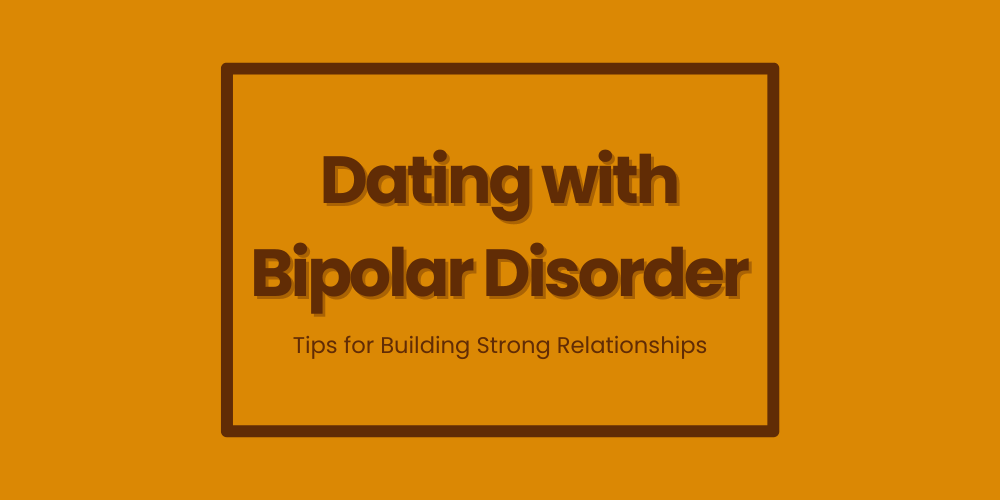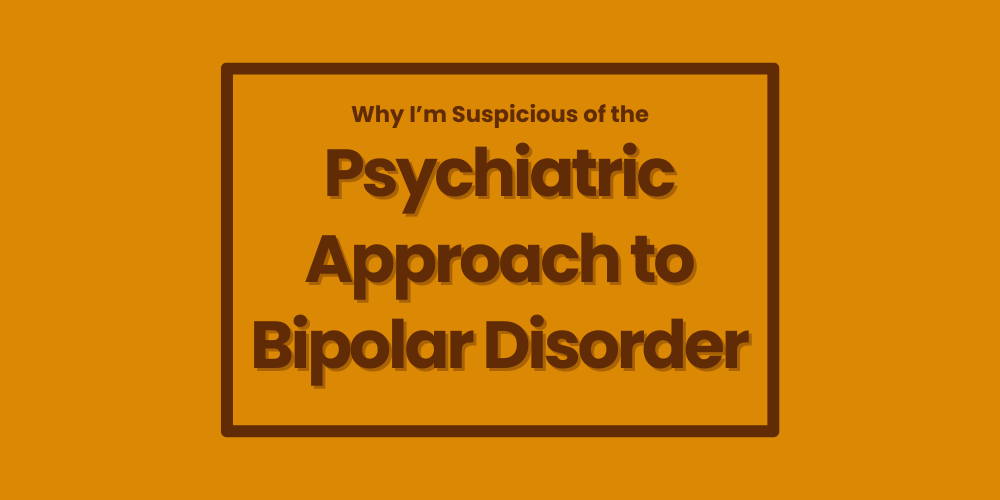8 Movies on Bipolar Disorder
8 Movies About Bipolar Disorder Movies on Bipolar are Insightful for Individuals with BP and their Person Circle Living with bipolar disorder can feel like a rollercoaster, but movies have a unique way of helping us understand and connect with those experiences. Watching movies about mental health are more than just entertainment—they are a a source of comfort, validation, and hope. Here are some powerful movies about bipolar disorder that can leave a lasting impact on ones journey toward healing and self-discovery. For more guidance on bipolar disorder, check out our book and masterclass to reclaim control of your life. You can also check out our free resources. 8 Movies on Bipolar Let’s outline how the following movies can accompany you on your journey toward healing and self-discovery. Silver Linings Playbook (2012) One of the most well-known movies on bipolar disorder, Silver Linings Playbook follows Pat Solatano, played by Bradley Cooper, as he navigates life after a mental health crisis. The film explores his struggles with mood swings and relationships while highlighting the importance of love and support in recovery. Plus, there is some really good dancing! Infinitely Polar Bear (2014) Mark Ruffalo stars in Infinitely Polar Bear, a heartfelt bipolar disorder film about a father managing bipolar while caring for his two daughters. This movie captures both the challenges and joys of family life, making it one of the most relatable movies about people suffering with mental illness. Touched with Fire (2015) This film explores the intense relationship between two poets living with bipolar disorder. Touched with Fire delves into the connection between creativity and mental health, offering a unique perspective for viewers seeking bipolar movies that celebrate resilience and artistic expression. Michael Clayton (2007) In Michael Clayton, Tom Wilkinson plays Arthur Edens, a lawyer grappling with bipolar disorder. His portrayal provides a realistic depiction of mania and depression, making this one of the more powerful displays of bipolar disorder in movies. Mad Love (1995) Another bipolar disorder movie is “Mad Love”. It sensitively depicts young love intertwined with mental illness. Drew Barrymore’s character struggles with bipolar disorder, while her relationship highlights the importance of empathy and understanding in navigating life’s emotional challenges. Mr. Jones (1993) Richard Gere stars as Mr. Jones, a man experiencing manic episodes that lead to his hospitalization. This movie with bipolar disorder provides an unflinching look at the highs and lows while exploring themes of self-acceptance and healing. The Skeleton Twins (2014) Starring Kristen Wiig and Bill Hader, The Skeleton Twins portrays siblings dealing with mental health struggles, including depression and mood swings. This film blends humor and heartache, offering a relatable take on family dynamics for those interested in bipolar movies. Madness in the Method (2019) While not directly focused on bipolar disorder, Madness in the Method uses dark humor to explore mental health challenges. Its comedic approach offers moments of reflection, making it an unconventional but interesting choice among movies on bipolar. Bottom Line: Movies on Bipolar These bipolar disorder films offer more than just entertainment—they provide valuable insights into living with mental illness. From exploring family relationships in Infinitely Polar Bear to celebrating creativity in Touched with Fire, these films shine a light on the complexities of bipolar disorder. If you’re looking for understanding or inspiration, these movies about characters with bipolar disorder or mental illness are worth watching. They remind us that while living with this condition can be challenging, resilience and support can lead to meaningful connections and hope for a brighter future.






